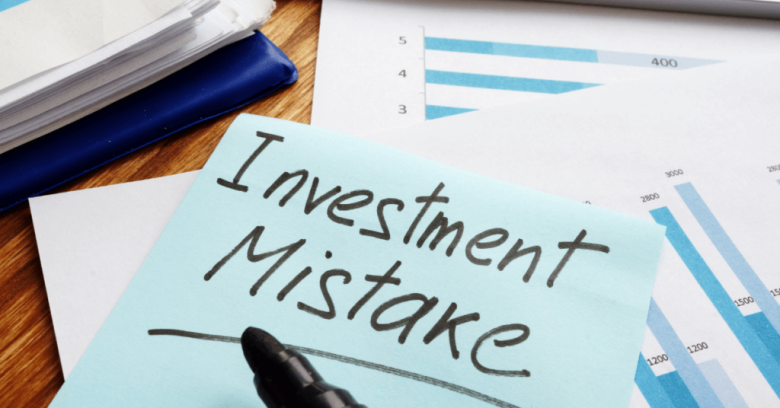If you’re just starting out with investing, it can be difficult to grasp. The world of stocks, bonds, and mutual funds is full of confusing terminology and charts that can be overwhelming. But what if you didn’t need any financial knowledge to secure a strong financial future? The answer is yes, and that’s good news. …
Art and collectibles are among the most fascinating yet complex areas of personal investing. Unlike standard financial instruments, these tangible assets combine aesthetic value with potential financial return, offering investors a unique investment experience. Following recent market volatility, the global art market is expected to reach $65 billion by 2023, a significant growth that is …
Investing in environmental, social, and governance (ESG) issues has evolved from a niche strategy to a mainstream financial strategy, changing the way investors view opportunities and approaches. This shift reflects a growing awareness that sustainable business practices are often associated with better long-term financial performance and lower risks. As issues like climate change, social injustice, …
Real estate investing is a popular and potentially profitable strategy that can pay off in the long run, but beginners need to learn the basics first. Real estate can provide you with multiple streams of income, such as rental income, capital appreciation, and tax deductions, but you have to work for it. You need to …
Long-term investing is more than a plan; it’s a mindset that works well for those who truly want to build wealth over the long term. It means holding investments for the long term, perhaps even decades, to ensure continued growth and weather the ups and downs of the market. Long-term investing differs from short-term trading …
Investing always involves risk, whether it is a small change in value or the possibility of losing all of your money. To be able to manage risks properly, you need to understand what they really mean. Investing involves the risk that the investment will not perform as expected, which can lead to lower returns or …
SRI, or socially responsible investing, is a way for people to make financial decisions that align with their principles. Socially responsible investors don’t just care about making money; they also consider the impact their money has on society and the environment at large. This type of investing takes environmental, social, and governance (ESG) factors into …
Not having clear goals from the start is one of the most common and costly mistakes investors make. If you don’t know what you want to achieve, you can make the wrong choices, use different strategies, and miss opportunities. Goals can help you determine your investment horizon, the risk you’re willing to take, and how …
Diversification is an important investment principle that reduces risk and increases your chances of long-term profitability. A diversified portfolio means that you don’t put all of your money into a single investment but spread it across multiple types of assets and companies. This strategy can help you avoid many losses if one investment performs poorly. …
Some people think that only the rich or smart can invest, but in reality, anyone can. It’s an important step toward long-term financial security. Investing is essentially growing your money, making it earn more over time. This approach can help you beat inflation, save more money, and achieve goals like buying a home, paying for …










